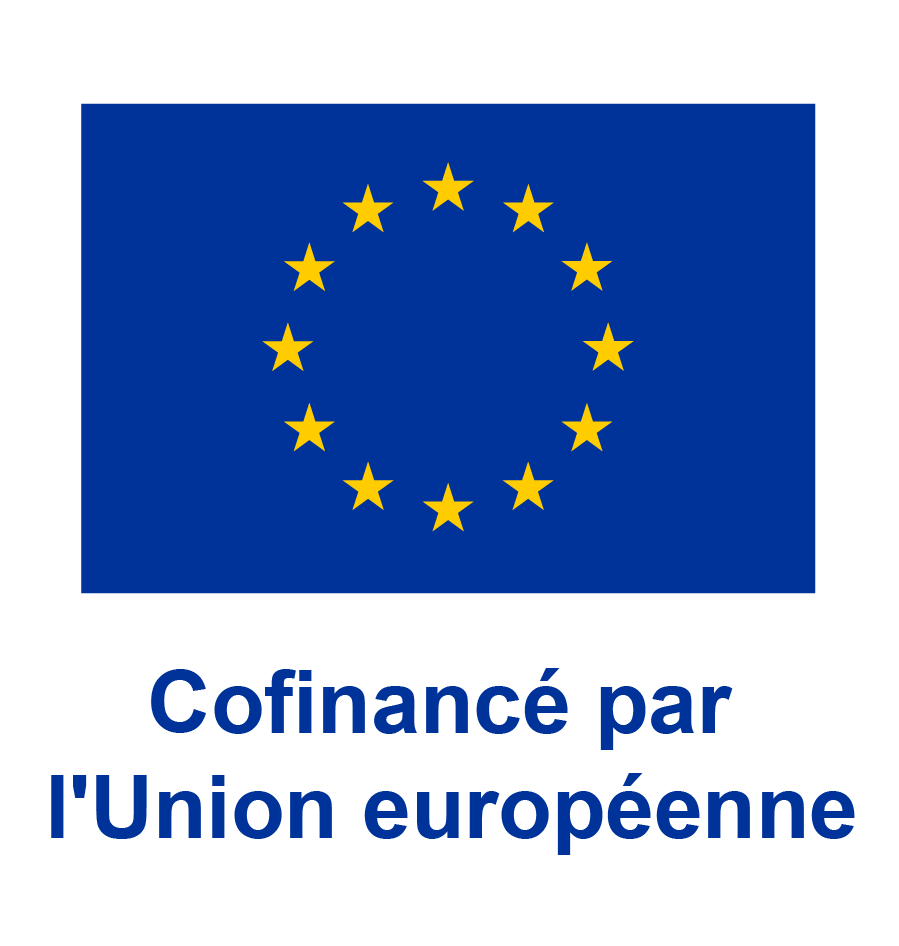The Impact of the Economic Crisis on Asset Building Strategies in Europe: Using Opportunities and Creating Resilience
In this report, we investigate how asset building organisations in Europe cope with the outfall of the financial crisis in their country and abroad. We highlight the experiences of 11 organisations and emphasise the need for Governments (be they local, regional or national) to safeguard the achievements made by asset building organisations. Asset building can be seen as a counter-cyclical move to insulate poorer households against external crises, be they personal or macroeconomic in nature. It is all the more important therefore that we now ensure that existing assets are not eroded, through, for example, breaking the link between entitlement to benefits and levels of personal savings. However, if Governments - and funders - do not act now to preserve and increase these asset-building efforts, assets could be eroded and some of the positive impact undone. The current economic crisis starkly reveals that in many countries, the efforts made around asset building did not have enough time to create sufficient resilience before the crisis began. The findings suggest that the crisis could represent an opportunity to mainstream asset building into policy and practice. The report makes recommendations for funders, governments and organisations that will help asset building to become part of mainstream national poverty alleviation strategies It is an updated version of the report presented at the Levi Strauss Workshop on asset building during the European Microfinance Network conference in Milan on June the 5th. Hard copies of the first version of the report can be mailed on request.
Tame the vampire squid, take back our banks
Launched to mark the start of bank bonus season, a new animation is setting out to increase public pressure on government to take on the banks and not sweep reform under the carpet. It ask politicians whether they have a plan to tame the bank, and if not, why not? The minute-long animation is inspired by Rolling Stone journalist Matt Taibbi's description of investment bank Goldman Sachs as a giant vampire squid "sucking on the face of humanity". The animation is backed by a wide range of influential pressure groups including: nef, Compass, PLATFORM, ResPublica, 38 Degrees, WDM, Positive Money, Tax Research and the Post Bank campaign.
Pagination
- Page précédente
- Page 2



If you would like further information about the report, please feel free to contact the authors Veronika Thiel and Sargon Nissan at veronika.thiel@neweconomics.org and sargon.nissan@neweconomics.org We hope you find the report an interesting read are looking forward to your feedback! Please feel free to disseminate the report among your own networks and contacts!